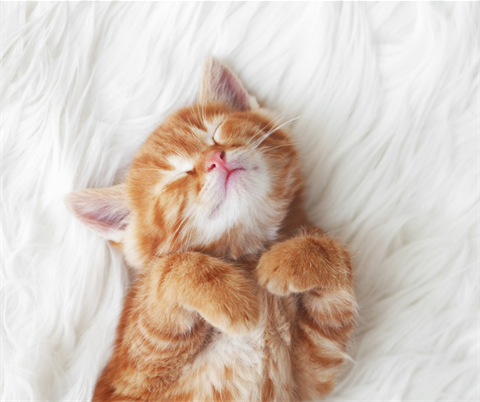Cats

I want to:
Council encourages all owners to be responsible for their cats. As owners it is recommended that you provide adequate housing and food along with using responsible breeding practices.
By law all cats must be microchipped by the age of 12 weeks or when sold or given away, whichever comes first. Please visit our Microchipping and Pet Registration page for more information.
Responsible cat ownership
Although it is not compulsory to keep your cat indoors, it does prevent harm to wildlife and inhibits them roaming. Cats can sleep up to 20 hours a day so provide companionship and entertainment for waking hours.
There are very good reasons to keep your cat inside at night:
- all cats hunt, regardless of how well fed they are - cats usually hunt at night
- most cat fights occur at night
- most vehicle accidents involving cats occur at night
- cats can also cause considerable damage to the environment if allowed to roam. Cats are prohibited from all Wildlife Protection Areas.
To help contain your cat indoors at night a good trick is to hold off feeding them until it is time for them to be confined. Once you invite them in to be fed, keep them in for the night.
What to do if you find a cat
- Check for identification/registration tag - if the cat is wearing a name tag, phone the owner.
- Ask around the neighbourhood to see if anyone has lost a cat.
- Contact the local veterinary clinics to have the cat scanned for a microchip.
Under the provisions of the NSW Companion Animal Act 1998, cats are prohibited in public food preparation/consumption areas or wildlife protection areas. In all other areas in NSW cats are considered to have no boundaries and are free to roam. This is not a Yass Valley Council position, it is in accordance with NSW government legislation. It is often difficult to determine someone's pet from a stray or homeless cat. Due to this we are unable to seize stray cats.
Cats cause considerable damage to the environment if allowed to wander. if you own a cat, you are encouraged to keep them inside at night to reduce the chances to fighting and hunting other animals.
Should I desex my cat?
All owners are encouraged to desex their cat. The cost of registration is less for a desexed animal, especially for pensioners.
- Early desexing eliminates the risk of serious diseases including reproductive cancers.
- Desexed cats grow up cleaner, healthier, quieter and more home loving.
- Desexing significantly reduces antisocial behaviour such as fighting and spraying.
- Desexed cats are less aggressive than entire cats.